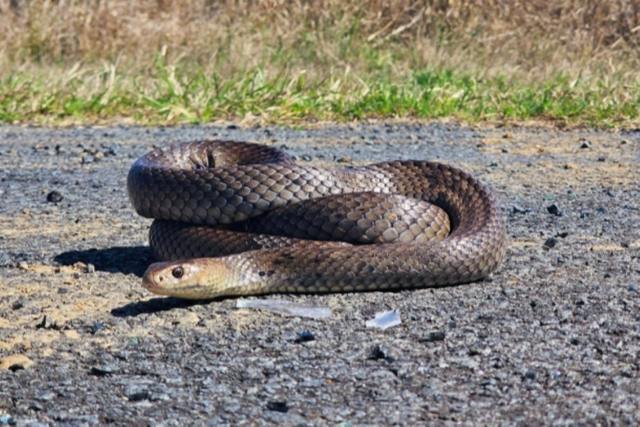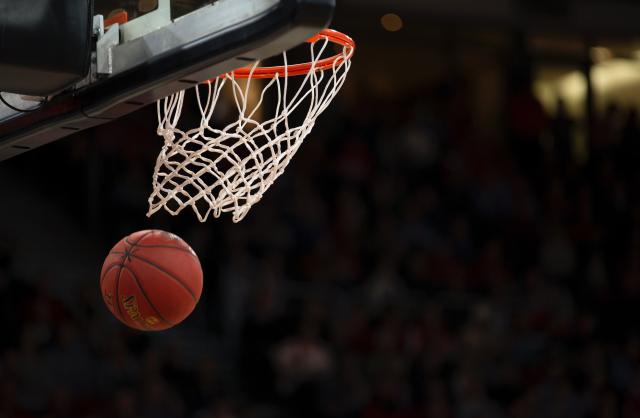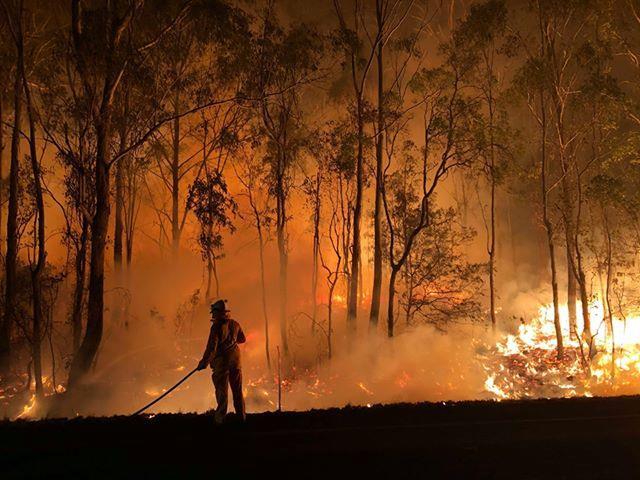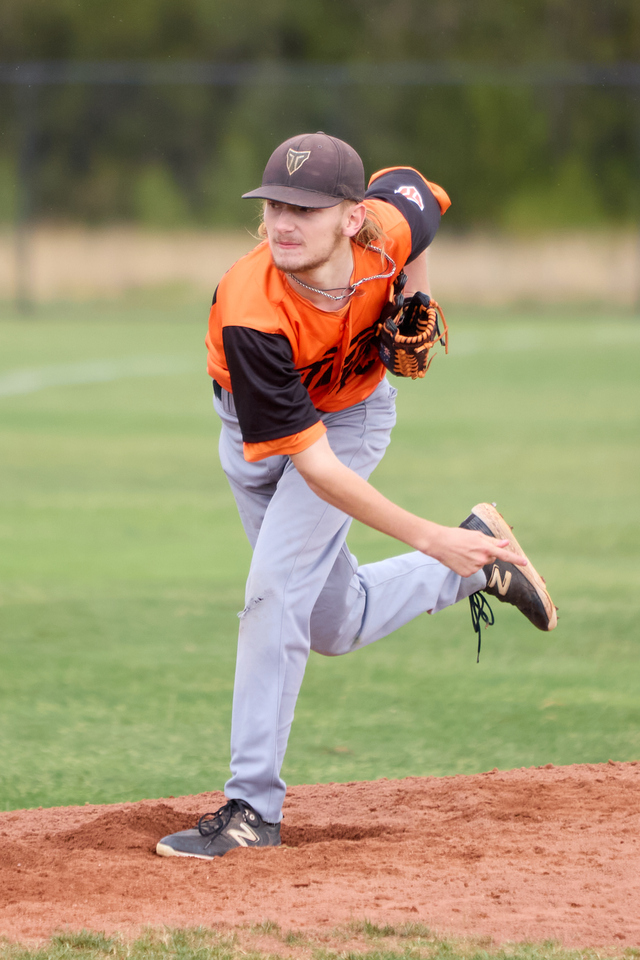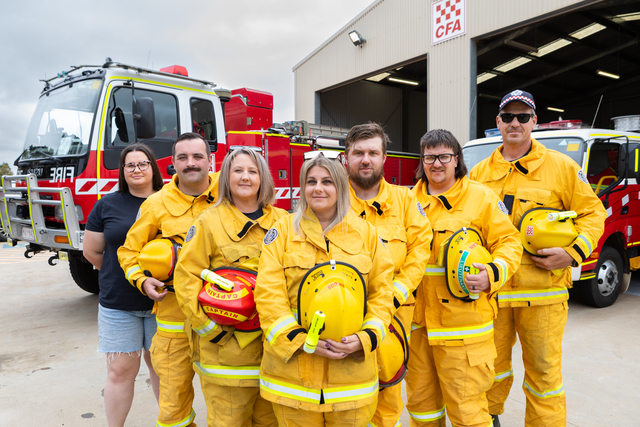As temperatures rise, snakes are emerging from their winter slumber.
The Department of Energy, Environment and Climate Action (DEECA) said snakes are on the move, looking for food and mates.
DEECA senior wildlife projects officer Abby Smith said most snakes keep to themselves.
“Most snake bites occur when people try to capture or kill them. Snakes may defend themselves if they feel threatened. It’s best to leave them alone and keep dogs on leads when out walking,” she said,
“Talk to kids about snake safety; what to wear, staying on the path and not putting your hands in long grass, under rocks or tin.”
DEECA urged people to wear long pants and proper shoes, carry your mobile and snake bandages when in the bush, keep pets away from areas with snakes, maintain lawns and clean up around your house as
snakes are attracted to shelter such as piles of rocks and timber, sheets of metal, and building materials, and to tidy up bird aviaries to prevent rodents, which snakes eat.
Don’t attempt to capture or harm snakes; instead call a licensed snake catcher. Snakes are protected under the Wildlife Act 1975, and capturing, harming, or killing them is illegal.
If someone is bitten, call triple-0 immediately.
For snake bite first aid tips, visit: www.stjohnvic.com.au/news/snake-bite-first-aid-tips/

